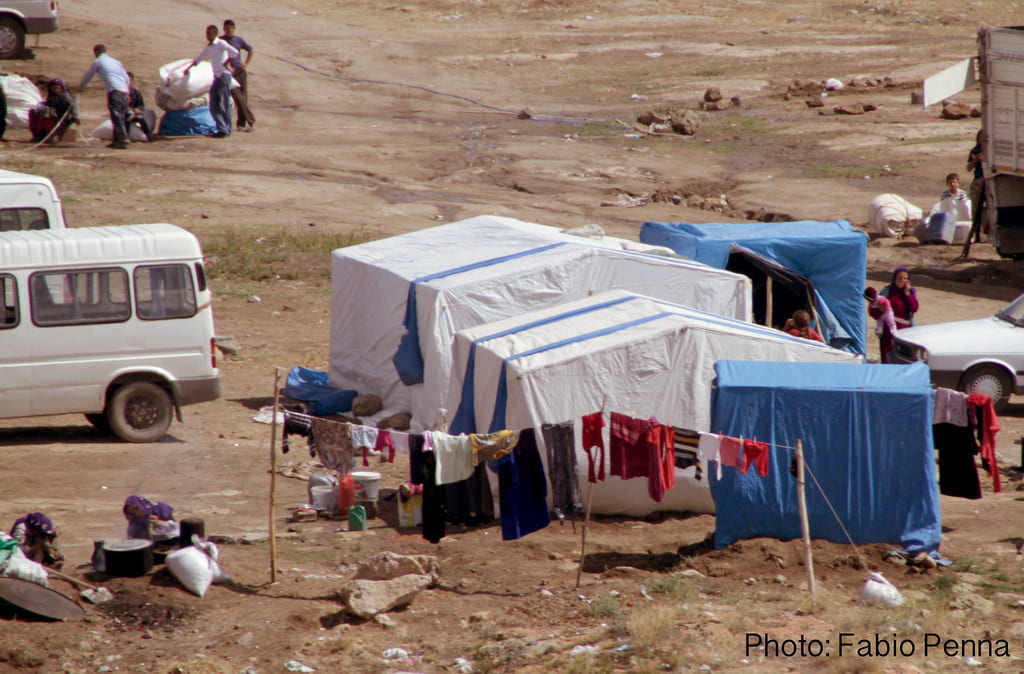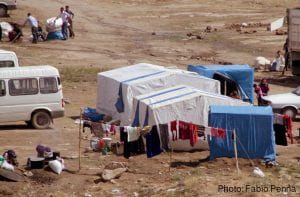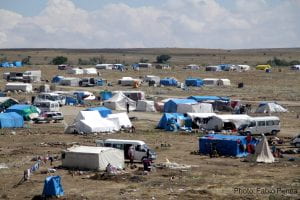
On Tuesday, February 2, the Institute for Human Rights at UAB welcomed Dr. Robert Blanton, Professor and Chair of the Political Science and Public Administration Department at UAB, to our second Social Justice Café of the semester. Dr. Blanton facilitated a discussion entitled “Biden’s Human Rights Agenda.”
Dr. Blanton initiated the conversation by stating that the 2020 election of Joe Biden is a “welcomed return to hypocrisy [as it pertains to human rights in the United States].” The return to hypocrisy represents the reality of political figures making promises, and then failing to turn those promises into human rights policy. The very notion that President Biden has presented a Human Rights Agenda is a staunch contrast when compared to his predecessor’s lack of clear and defined Human Rights protective goals. Dr. Blanton suggested that President Donald Trump was not a hypocrite in regard to his approach to Human Rights. President Trump simply didn’t make attempts to address Human Rights violations domestically or internationally.
In an interview with the New York Times, then former Vice-President Joe Biden stated, “When I am president human rights will at the core of US foreign policy”. Dr. Blanton finds the President’s continued foreign policy rhetoric surrounding international and domestic issues to be interesting, and he cautioned participants to pay close attention to how human rights violations will be addressed within President Biden’s first one hundred days in office. Following this statement participants began discussing specific Executive Orders signed by President Biden that are innately Human Rights focused. Participants discussed the outcome of the Bostock Case and how President Biden’s decision to reinforce this Supreme Court decision with an Executive Order is a promising sign of the President’s commitment to preserving Human and Civil Rights. The Bostock Case prohibited employers from discriminating against employees on the basis of sexual orientation. Participants then suggested other topics they felt needed further attention from the Biden Administration, such as systemic racism, xenophobia, and COVID-19 response.
Moving forward, one participant was curious if “legislation would be passed in relation to women’s rights to reproductive health?” This discussion centered around how we classify issues within the United States and how this classification affects the seriousness and legitimacy of an issue. The participants came to the conclusion that women’s reproductive rights could potentially receive more congressional and national support if it is framed as a domestic and international health issue rather than a human rights issue. Dr. Blanton was adamant that the manner in which we categorize issues is a major factor in whether or not those issues receive solutions.
When further discussing how policy is enacted within the United States, one participant noted that “local cities and NGO’s often make larger impacts in the fight for social justice. How important is it that we [American citizens] have a Presidential administration?” A large majority of participants appreciated this question; however, they agreed that within the confines of the United States Constitution the continued election of an executive president is necessary to the maintenance of the country as a whole. Some felt the issue of private prison regulation would be best handled by the executive office. In response Dr. Blanton stated, “Private prisons exhibit overt violations of human rights” and that he did not disagree that private prison regulation should have a place within President Biden’s Human Rights Agenda.
In his final remarks, Dr. Blanton offered this quote: “Presidents are victims of events.” His point was that Joe Biden’s presidency will be governed according to the trials and complications his administration will unquestionably face within the next four years. President Biden’s administration will have to make a conscious effort to not allow the events of the world to overshadow their Human Rights Agenda.
Thank you, Dr. Blanton, and thank you everyone who participated in this stimulating discussion.
To see more upcoming events hosted by the Institute for Human Rights at UAB, please visit our events page here.




